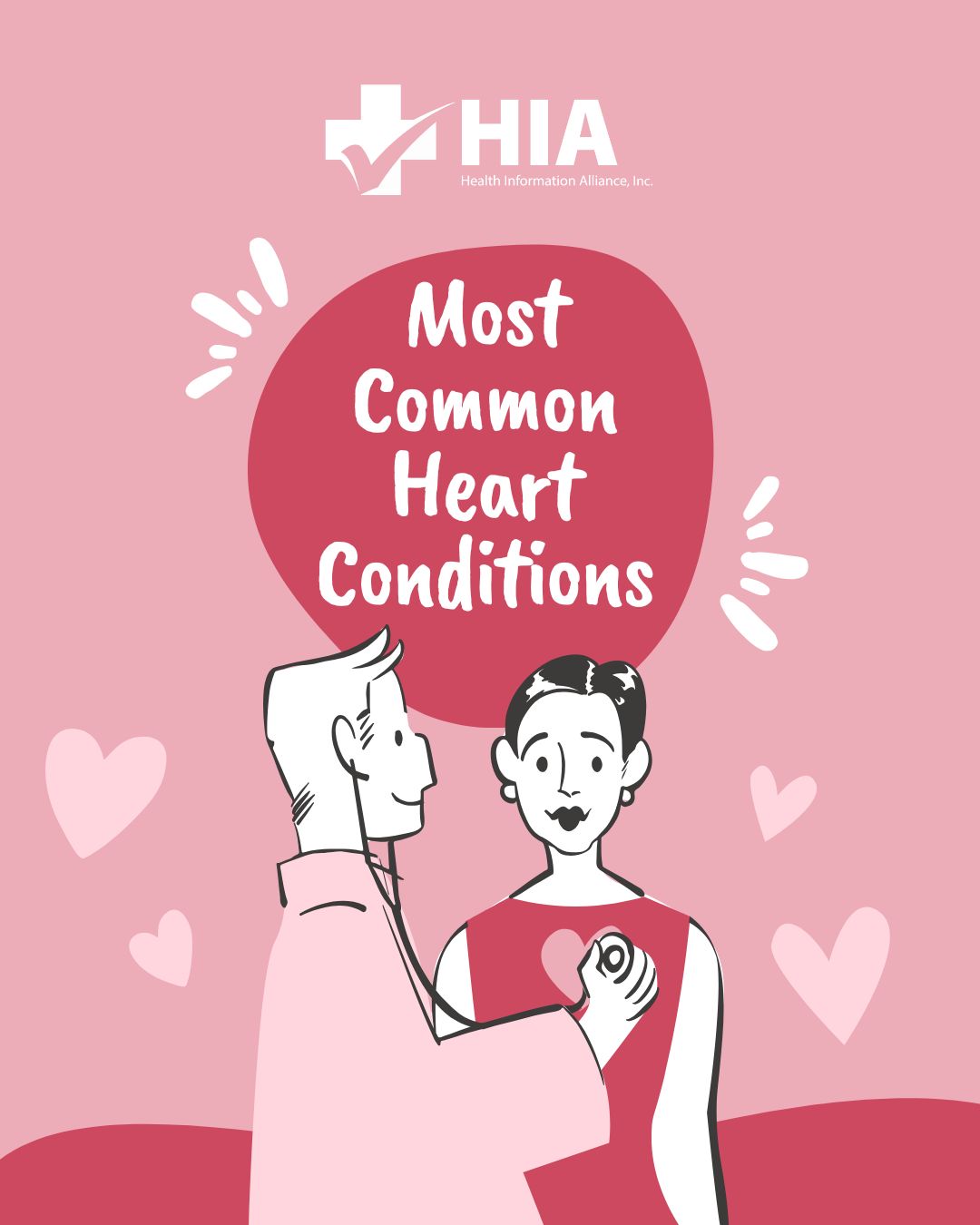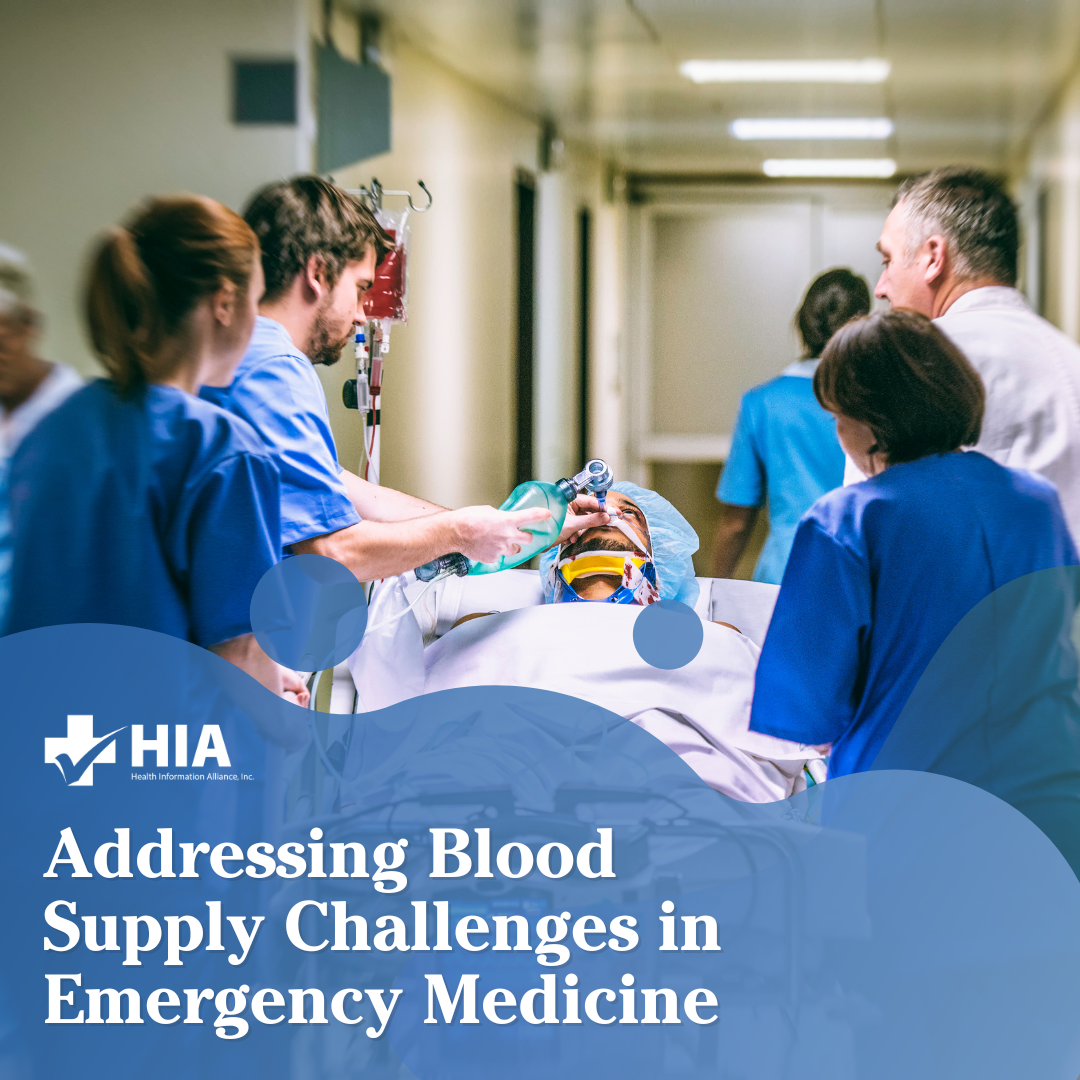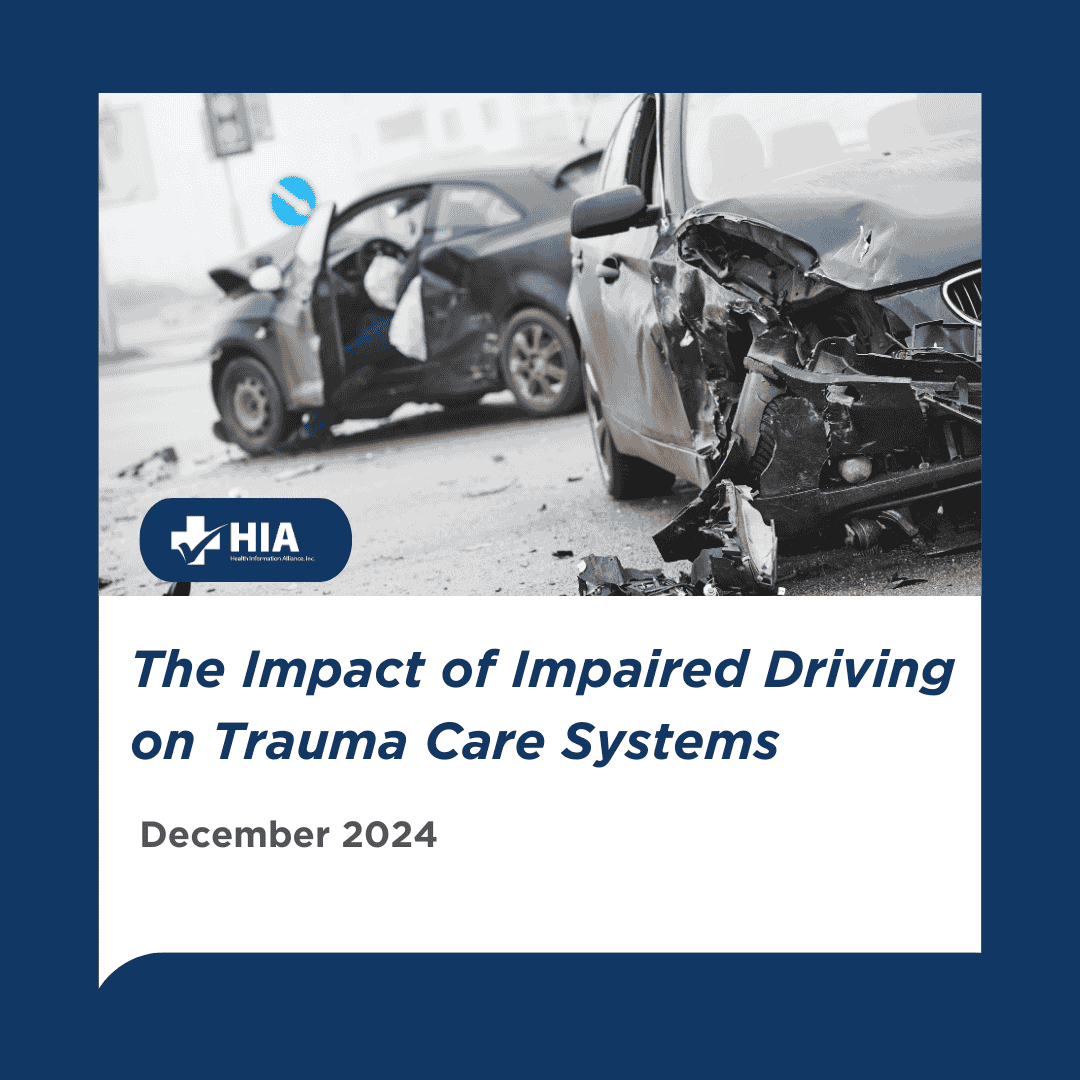Heat Wave Health
With summer’s blazing arrival, temperatures are climbing nationwide from the mid-90s to the 100s. With temperatures this high, especially factoring in humidity, extreme heat can lead to some significant health risks, like dehydration, heat stroke, and other heat-related illnesses. Dr. Stephanie Lareau, an emergency room physician, says, “We’ve had people just coming in today after mowing their lawn. Luckily, sports haven’t started back yet, so we haven’t seen a lot of the youth population. We see a lot of heat-relates cases when football practice starts.” Surprisingly, heat is the number 1 killer of all-natural disasters, and as temperatures continue to rise, scientists project it to make many more people ill. In U.S. high school athletes, heat-related illness is the leading cause of disability and even death, but this can happen to anyone spending time in the sun. Schools across the U.S. have been forced to close due to the extreme heat, even cutting graduation short at UC Davis after attendees were calling for medical help due to excessive heat exposure.
How Heat Impacts the Body
We know heat can cause serious illnesses, but what exactly are these illnesses? The two most common conditions related to heat are heatstroke and heat exhaustion.
When a person has a heatstroke, the body is not able to cool itself down as body temperature quickly rises, and sweat, the body’s natural cooling mechanism, fails. Body temperatures can rise to 106 degrees or even higher in only 10 to 15 minutes, leading to disability throughout the body, especially in the brain, and even death can occur in some cases. Many symptoms appear when a person has a heat stroke, such as sweating profusely or even not at all, being confused, passing out, and/or having a seizure.
Heat exhaustion happens when the body is excessively sweating, depleting itself of water and salt. Symptoms that occur can include nausea, dizziness, irritability, thirst, headache, and/or elevated body temperature.
Both heat-related illnesses can be life-threatening, so emergency help is needed immediately. Ensure the person experiencing the condition is out of the sun, either in shade or A/C if available, and they are drinking water. Extreme heat can put significant strain on the heart and make breathing more difficult, which comes to no surprise as these temperatures can be linked to 17 different causes of death, including to but not limited to heart, mental health, and breathing issues.
Who is at Risk?
Although anyone surrounded by extreme temperatures is at risk, some are at a higher risk, such as the elderly, children, and people with chronic diseases and mental health problems. Dr. Aaron Bernstein, interim director of the Center for Climate, Health, and the Global Environment at Harvard T.H. Chan School of Public Health, found in his published study that exposure to heat nationwide has increased the number of children in the ER during the summer, and these visits were not only on the hottest days.
How to Prevent and Protect Yourself
The first step to preventing heat-related illnesses is staying hydrated and drinking water before feeling thirsty. Taking breaks from the outside heat to cool down is very important, as is wearing sunscreen daily. Monitoring those who are very young or very old can be detrimental to their wellbeing. Try to keep them out of the heat if possible, and check in on older-aged family, friends, and neighbors.
HIA urges all to take extra precautions with the extreme heat this summer, and into the Fall months, as it may save your life or someone else’s. HIA’s team of expert coders are up to date with the latest codes for heat-related illnesses, including heat stroke and heat exhaustion.
Examples of these codes include:
T674XXA: Heat exhaustion due to salt depletion, initial encounter
L559: Sunburn, unspecified
E860: Dehydration
X30XXXA: Exposure to excessive natural heat, initial encounter
T6702XA: Exertional heatstroke, initial encounter
T6701XA: Heatstroke and sunstroke, initial encounter






